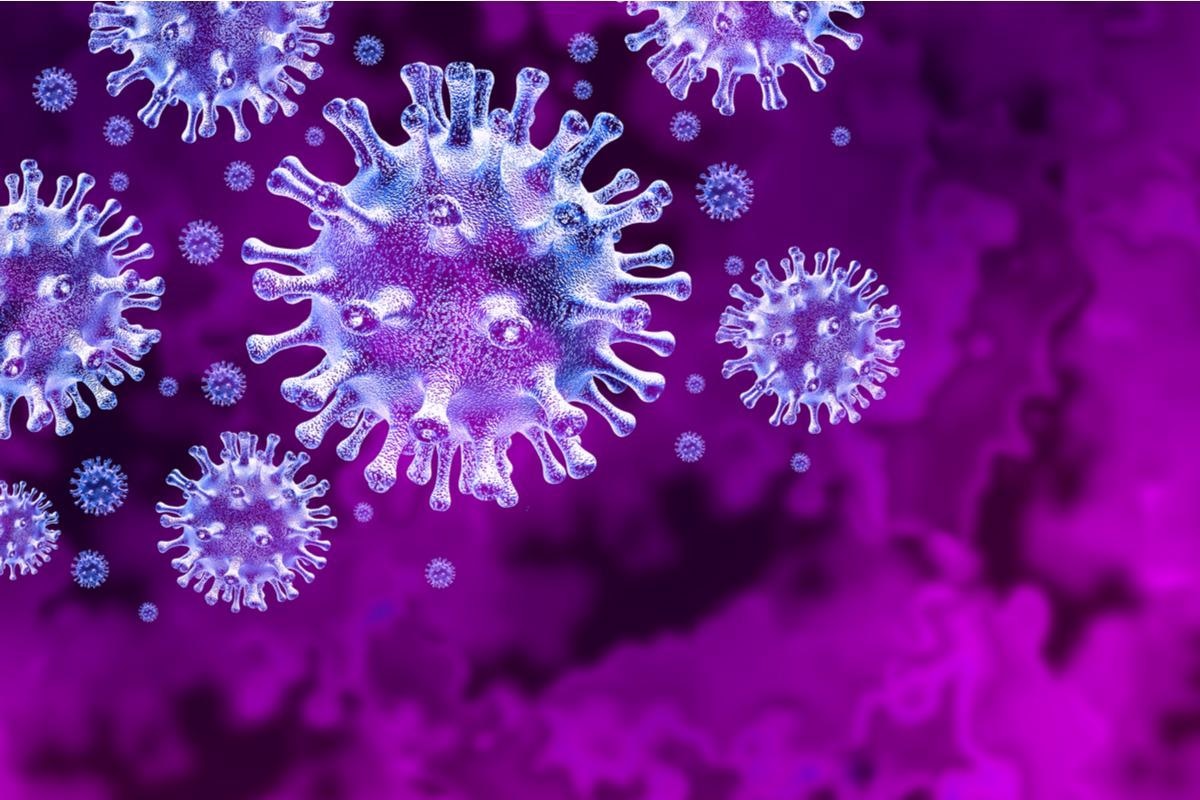In a recently published article in the journal Cancer Cell, scientists have demonstrated the incidence of severe acute respiratory syndrome coronavirus 2 (SARS-CoV-2) infection in cancer patients residing in Austria and Italy. The study reveals an induction in Omicron breakthrough infections in patients with hematologic and solid cancers.
 Study: Enhanced SARS-CoV-2 breakthrough infections in patients with hematologic and solid cancers due to Omicron. Image Credit: Lightspring/Shutterstock
Study: Enhanced SARS-CoV-2 breakthrough infections in patients with hematologic and solid cancers due to Omicron. Image Credit: Lightspring/Shutterstock
Background
Severe acute respiratory syndrome coronavirus 2 (SARS-CoV-2), the causative pathogen of the coronavirus disease 2019 (COVID-19) pandemic, has been found to cause severe infections in immunocompromised patients, including cancer patients. Moreover, a relatively lower level of neutralizing antibodies in response to COVID-19 vaccines has also been observed in cancer patients, especially those receiving B cell-targeting therapies.
The emergence of SARS-CoV-2 variants with improved immune fitness, such as delta and Omicron variants, has caused a sharp increase in breakthrough infections even in fully vaccinated individuals. However, the vaccines still show high protective efficacy against severe and fatal infections. COVID-19 vaccines have shown acceptable efficacy against severe disease, even in Omicron-infected cancer patients. However, the isolation and quarantine measures associated with SARS-CoV-2 infection may impair the routine administration of anticancer therapy, which can reduce the survival prognosis in cancer patients.
In the current study, the scientists have assessed the incidence of SARS-CoV-2 infection in cancer patients throughout the pandemic.
Study design
The study included 3,959 cancer patients, of whom 77% had solid cancer, and 23% had hematologic cancer. About 69% of the patients did not receive any anticancer treatment at the time of COVID-19 vaccination. Regarding vaccine coverage, about 85% of the patients had received at least one vaccine dose, and 15% remained unvaccinated. The incidence of SARS-CoV-2 infection in these patients was assessed between February 2020 and 2022.
Important observations
SARS-CoV-2 infection was detected in about 24% of the patients during the study period. During the delta-dominated wave, vaccine breakthrough infection was observed in 43% of the patients. In contrast, a significantly higher percentage of breakthrough infection (70%) was observed among the patients during the Omicron-dominated wave. During both delta and Omicron waves, cancer patients receiving systemic anticancer treatment showed a significantly higher percentage of breakthrough infection than those not receiving treatment (83% vs. 56%).
Regarding disease severity irrespective of vaccination status, a higher frequency of COVID-19-related hospitalization was observed during the delta wave compared to that during the Omicron wave. However, a relatively shorter duration of hospital stay was observed in vaccinated patients compared to that in unvaccinated patients. In addition, only 9% of patients with breakthrough infections were admitted to the intensive care unit (ICU). This highlights the protective efficacy of COVID-19 vaccines against severe disease.
Humoral immune response to vaccination
To determine vaccine-induced antibody response against delta and Omicron variants, the scientists measured blood levels of anti-delta and anti-Omicron spike receptor-binding domain (RBD) antibodies in a total of 78 cancer patients. In the analysis, they also included 25 healthcare workers as controls.
In response to vaccination, healthcare workers showed higher levels of total anti-spike antibodies compared to cancer patients. The lowest level of wildtype RBD-specific antibodies was observed in hematologic cancer patients receiving B cell-targeted treatment, followed by hematologic cancer patients not receiving B cell-targeted treatment and patients with solid tumors. A similar trend was observed for delta- and Omicron-specific spike RBD antibodies.
The serum samples collected from hematologic cancer patients without B cell-targeted treatment and solid tumor patients significantly inhibited the interaction between wildtype/delta RBD and angiotensin-converting enzyme 2 (ACE2; host cell receptor for viral entry). However, a significantly lower level of inhibition was observed for patients receiving B cell-targeted treatment. Importantly, a marked reduction in inhibition of Omicron RBD – ACE2 interaction was observed for all patients with solid tumors and hematologic cancer.
Study significance
The study demonstrates an increased incidence of vaccine breakthrough infections but a reduced disease severity among patients with solid tumors and hematologic cancer during the Omicron wave compared to the delta wave.
The study also highlights that COVID-19 vaccine-induced antibody response is lower in cancer patients than in healthy individuals. The reduction in antibody response is highest among hematologic patients receiving B cell-targeted treatment. Overall, a significant impairment in vaccine-induced Omicron neutralization has been observed in cancer patients.